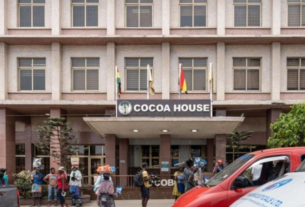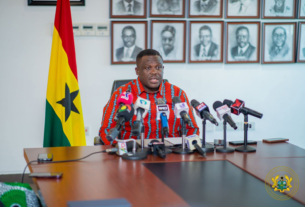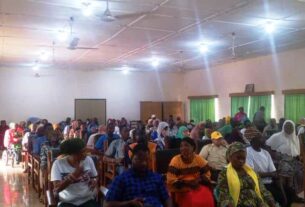Read also:
- GMA and WiPR Empower Young Girls through Literacy and Mentorship
- Mahama Accused of Planning to Recruit NDC Loyalists into Security Services
- NMC Warns Nurses and Midwives Over Unprofessional Conduct on Social Media
- Ghanaian Fans to Enjoy Improved Travel Arrangements for 2026 FIFA World Cup
- Former NSA Deputy ED Charged with GH¢38 Million Financial Loss
A recent study by the Public Utilities Regulatory Commission (PURC) has ranked Ghana among Africa’s best-performing electricity tariff regimes. The study highlights Ghana’s balanced regulatory approach, which ensures financial sustainability for utilities while protecting consumer interests.
Ghana’s electricity tariffs are moderate within the West African sub-region. While they are higher than subsidized countries like Nigeria, they are lower than smaller systems with high operational inefficiencies like Liberia and Sierra Leone. This is attributed to Ghana’s strong regulatory structure, which contributes to greater tariff stability and cost recovery compared to its neighbors.
The country applies a hybrid tariff-setting framework, determining tariffs based on the actual costs of generation, transmission, and distribution. Additionally, Ghana offers a lifeline subsidy for low-income households, promoting equity and affordability.
In comparison to other African countries, Ghana’s tariffs are higher than in countries like Kenya and Uganda, which have lower tariffs due to hydropower reliance and external funding. However, Ghana’s tariffs are significantly lower than in countries like Egypt and Algeria, which have large-scale government subsidies and reliance on low-cost gas and oil. On the other hand, Ghana’s tariffs are lower than in countries like South Africa and Namibia, which have higher tariffs due to environmental levies and high infrastructure expansion costs.
The PURC’s study demonstrates Ghana’s commitment to a cost-reflective and sustainable electricity pricing framework, balancing the needs of utilities and consumers. This approach positions Ghana as a model for electricity pricing in Africa.
epos MBN360 news




